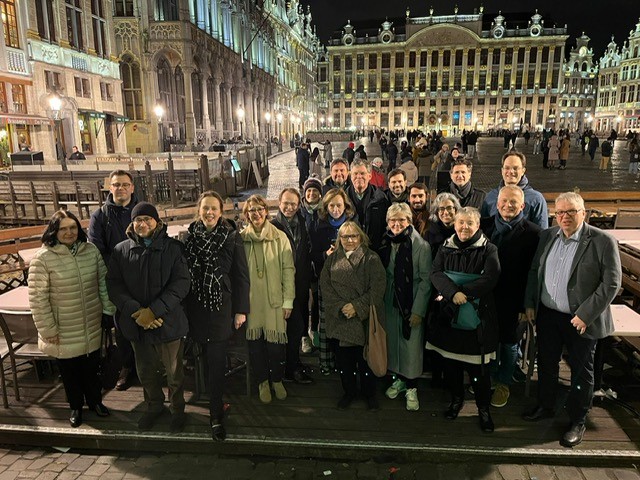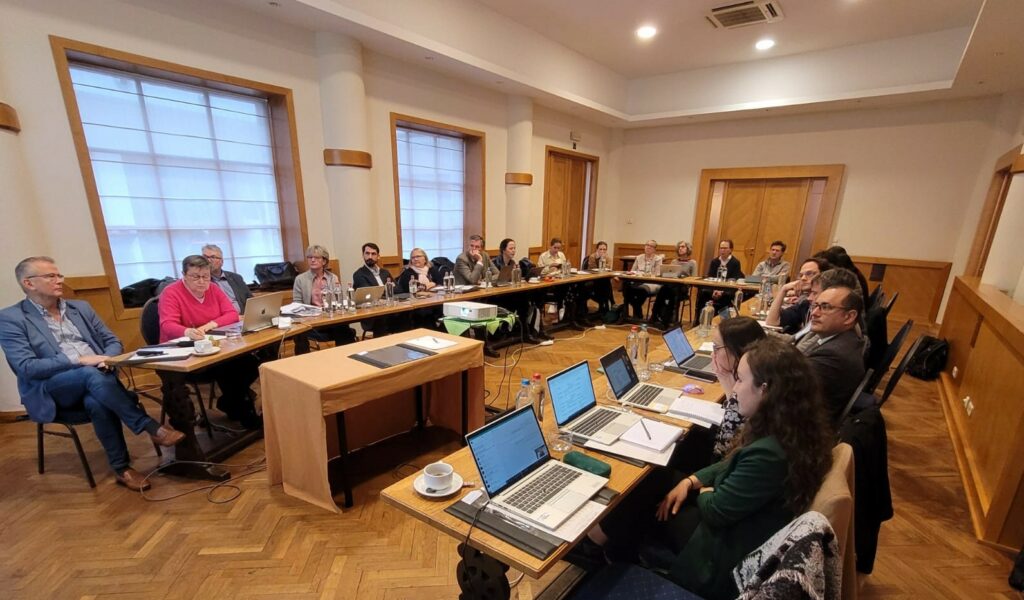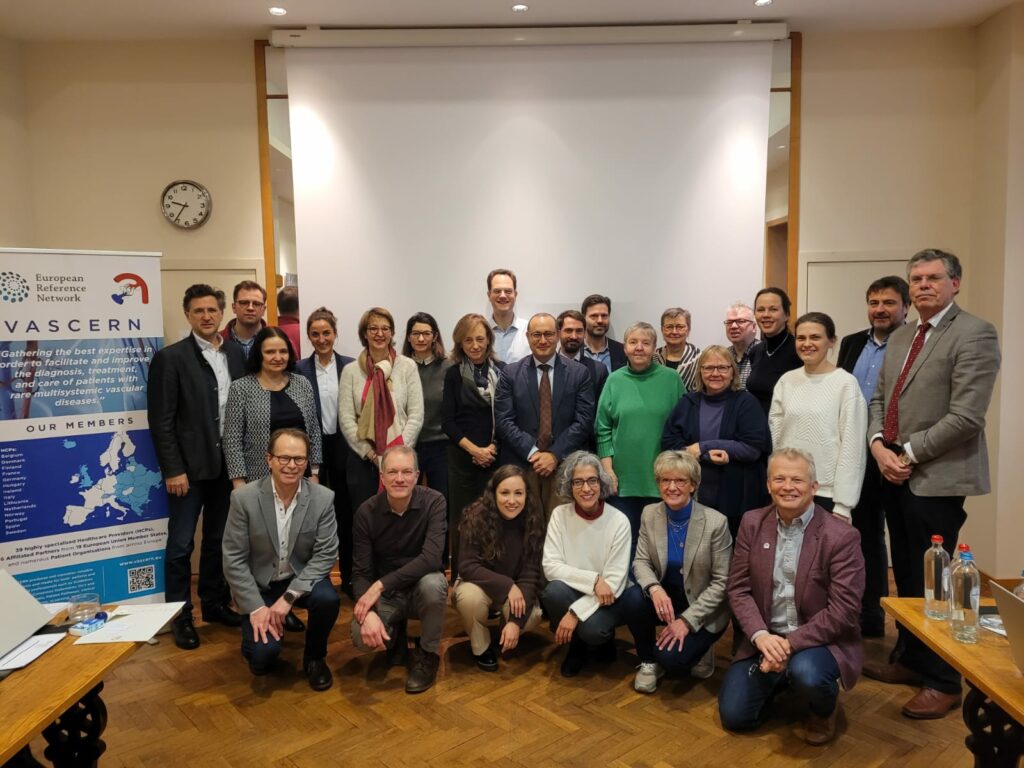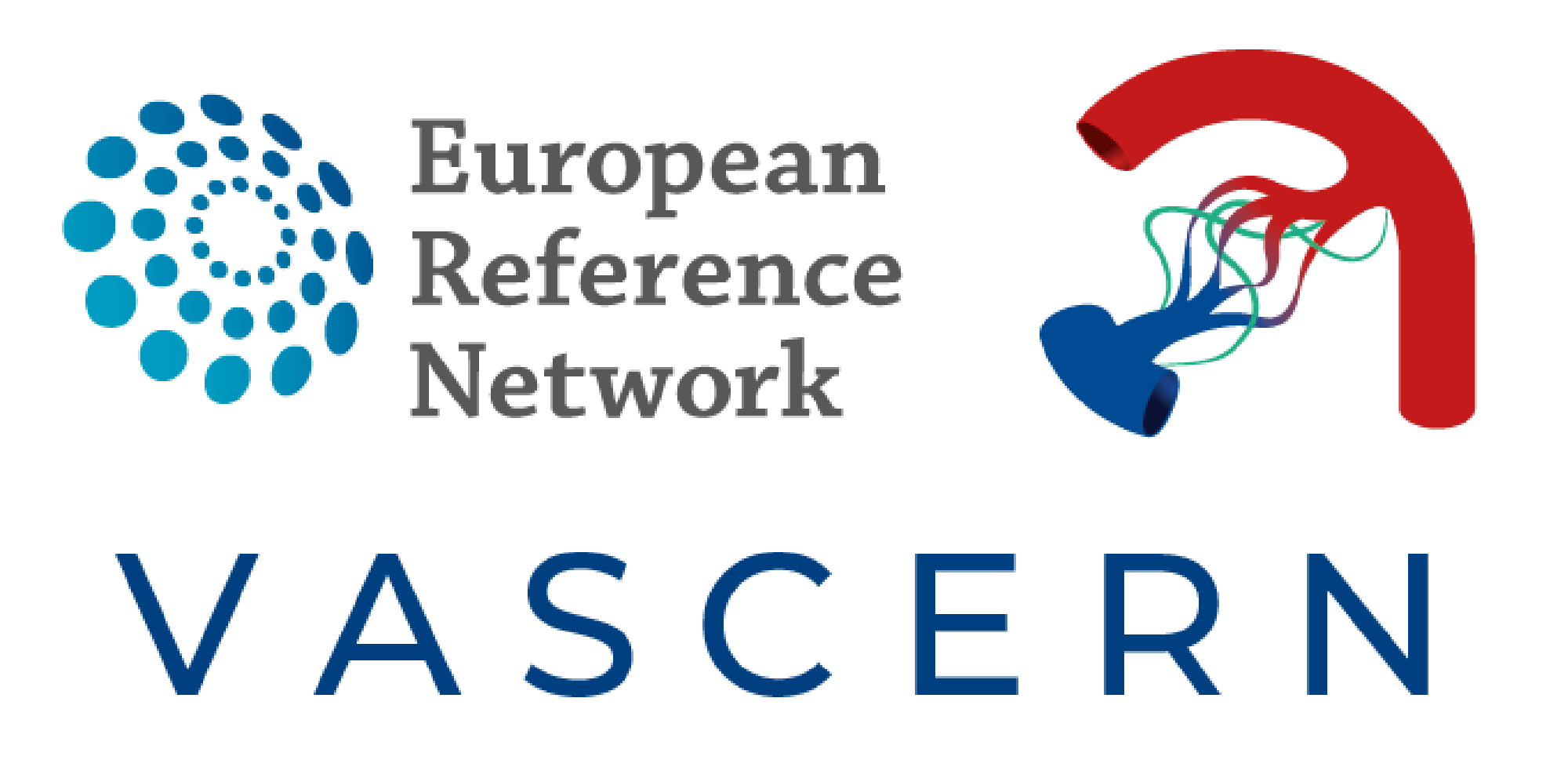

The Vascular Anomalies Working Group (VASCA-WG) met for a one and half days meeting in Brussels, Belgium on January 30th and 31st. It was chaired by Prof. Miikka Vikkula (VASCA-WG Chair) and Prof. Leo Schultze Kool (VASCA-WG Co-Chair). Attendees included patient representatives from the European Patient Advocacy Group (ePAG) for VASCA and members of the VASCA-WG. During the meeting, they discussed current and new projects related to VASCA, such as VASCA Orphanet codes, Do’s and Don’ts, and VASCA Magazine 2nd Edition. Read on to learn more about what happened at the VASCA winter meeting in Brussels!
The meeting began with a discussion on the VASCA Orphanet codes and ICD-10 codes. The discussion was followed by a session to define Severe and/or Rare Infantile Hemangioma, and finalize the Dos and Don’ts of Severe and/or Rare Infantile Hemangioma. These Do’s and Don’ts will help medical professionals manage and treat patients with severe and/or rare infantile hemangioma. There was also a presentation on Pediatric subcutaneous granuloma annular.

VASCA patient representatives presented their current projects and initiatives. These included the VASCA Magazine 2nd Edition, campaigns for the rare disease day, and a vascular anomalies brochure for healthcare professionals to easily identify vascular anomalies in patients. These projects show their dedication to raising awareness of vascular anomalies and ensuring better diagnosis, treatment, and management for patients with vascular anomalies.
There were discussions on the VASCA registry. The Chair of the Registry WG, Professor Leo Schultze Kool, and the VASCERN data steward Pim Kamerling gave updates on the progress of the registry and any pending issues that needed to be resolved. The group is also working on a patient pathway for arteriovenous malformations (AVMs). This was thoroughly discussed and the pathway was reviewed, with final decisions on the next steps made.
Finally, the VASCERN Project Manager and VASCERN Education Officer gave a presentation on the ERASMUS Summer School that the VASCERN coordination team is planning. They explained the purpose of the summer school, the requirements, and the application process. In the coming months, there will be more discussion about the content and program.

The meeting ended with a well-deserved lunch for all the attendees after a productive meeting. It was a valuable opportunity for the VASCA-WG to discuss current and new projects. We look forward to hearing more about the progress of these projects soon.

